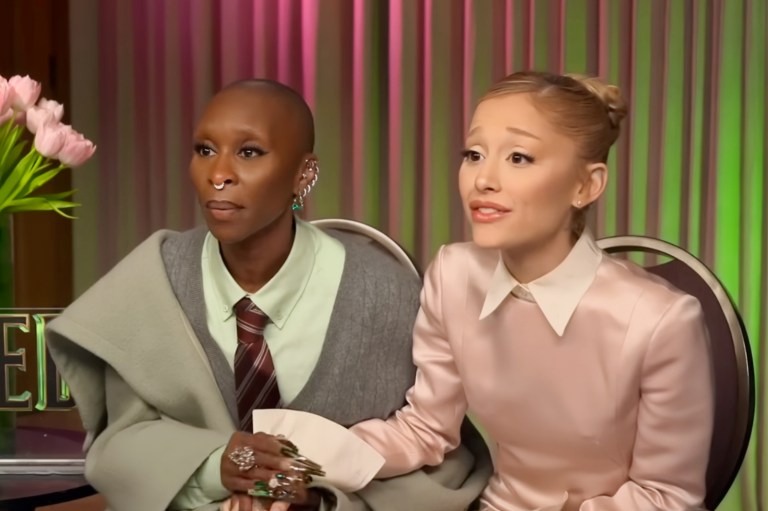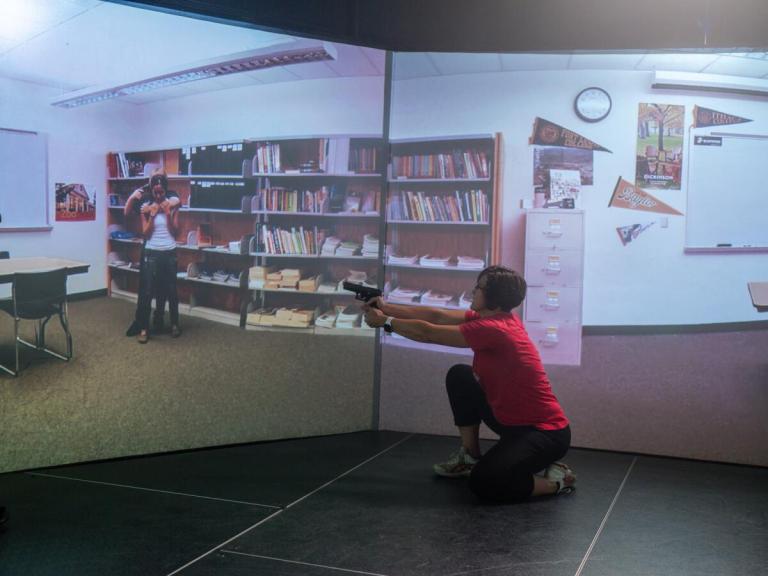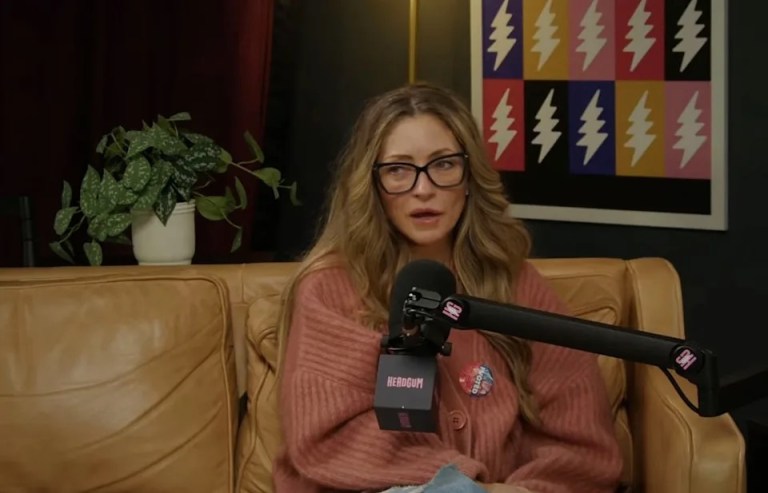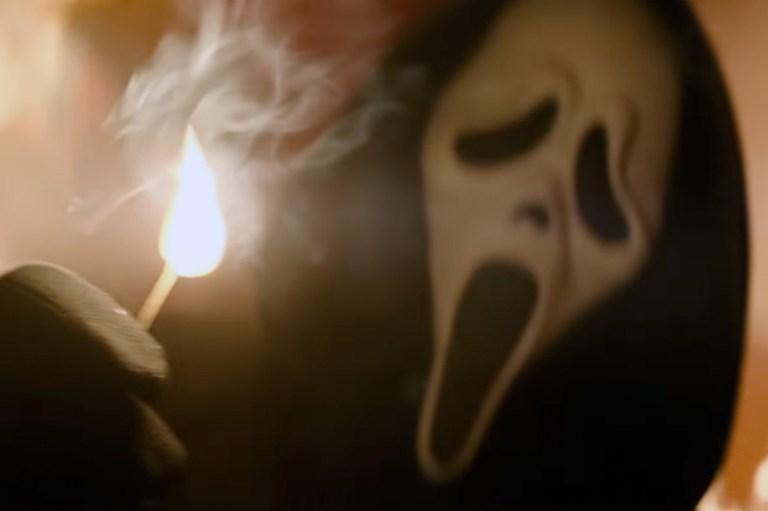
Yes, I’m An English Major. No, I Will Not Be Working At McDonald’s.
When I was 5, I wrote my first book. Sure, it had a grand total of 4 words (the first two being my name and the last two being “The End”) and the stick figure illustrations could have been more detailed, but it was the first step I had ever taken in the writing industry, an industry that I would aspire to call my home.
Now let me preface this by saying that I am not your typical writing fanatic. I don’t bring my laptop into Starbucks, put in my headphones and “release my creative energies” for 5 hours at a time because first of all, I believe writing is a personal practice and second, as a native New Englander, my loyalty lies with Dunkin Donuts. But this is besides the point, of course, because I’m not creating this post to discuss coffee preferences (just to put them out there so I can learn who my enemies are). Rather, I’m writing this post to address the seemingly daily conversation that arises every time I am cornered into admitting I’m an English major. The conversation, and its potential variations, are as follows:
Relative 1: What are you majoring in?
Me: English.
Relative 1: Oh… so you’re planning on living at home for awhile, then?
OR
Relative 1: That’s tough. You can easily work your way up to a better job eventually, though. You’re pairing your major with something else, right?
OR
Relative 1: Oh really? What school district will you be teaching in?
OR
Relative 1: It’s so great that you don’t care about making money.
Listen. I’m not concentrating in Medieval Studies of Soldiers on Horseback or Word Choice in Robert Frost’s Poetry. My coursework is not entirely defined by reading books (though that is a perk). I do not intend to work as a waitress until I can get a “real job,” signifying something in business or politics or any other area of study that makes me want to crawl under a rock and forswear all earthly activities for the rest of my life. I can be a publisher. I can be a journalist. I can be a research assistant. I can be a speechwriter. I can work with magazines. I can be a movie critic. I can review books. I can be acopywriter. I can be a news reporter. I can manage social media. I can be a lobbyist. I can be aneditor. I can write for television or radio or movies. I can be a travel writer. I can work inadvertising. I can do anything I want to do.
I’ve read the newspapers and the online Yahoo! articles. English majors top the list of Most Useless Degrees next to Art History and obscure things like “Painting With Your Nose” and I honestly haven’t figured out why. The skills that you develop through writing and reading (such as critical thinking), the skills that come with an English degree, are used in every single day of your entire life. Need a resume? Write one. Want to end a fight with your significant other? Write an apology letter (but limit it to a couple of pages so you don’t end up in that Ross/Rachel debacle). Need to contact a friend? Text them (which is a form of writing, even when it sometimes may not look like it).
Not to mention there is success in the writing business. Just look in any bookstore. Every novel that you see sitting on those shelves were toiled over by some perfectionist writer, who probably spent anywhere between 1 to 20 hours deleting and undeleting (I make up words, so what? I’m an English major, for goodness sake) the comma in line 13 of page 402. And think about your favorite TV show. As cool as it would be for the character descriptions to magically appear on a blank piece of paper, with dialogue and idiosyncracies already built in, that is not how life works. A writer had to create that character, that plot, that dialogue. Everything starts with writing.
But in case you needed more proof, here is a list of famous people who were English majors:
- Joan Cusack
- Chevy Chase
- David Duchovny
- Jodie Foster
- James Franco
- Tommy Lee Jones (and from Harvard, no less)
- Stephen King (shocker)
- Conan O Brien
- Sigourney Weaver
- Reese Witherspoon (but didn’t graduate)
- Steven Spielburg
- Ken Jennings (Jeopardy all time champ who has a surprisingly hilarious Twitter feed)
Granted, many of these people did not rise to success immediately after stripping their cap and gown but then again, who does? With the economy looking more and more like a Kindergartener’s chopped up paper snowflake of a system, I’d be impressed at anyone who can get a decent job upon entering the real world.
I’ve done my research, ladies and gentlemen. You could major in Biochemical Engineering or Public Administration with a Concentration in Economics or something equally as technical sounding and mind numbing and that still would not guarantee a place for you in the job sphere unless you have experience to go along with it. An English major with no internships or writing experience will receive just as much consideration in the real world as a science major with nothing to their name but a diploma and proof of occasional trips to the science building in college. Jobs don’t come from the title of your major. They come from the experience that you latch onto it. The major you choose is only useless if you let it be useless.
So call me a failure, a future deadbeat office worker, a pompous artist, whatever. I’m taking the path less traveled by and I’m going to like it, whether or not you choose to do the same. ![]()











